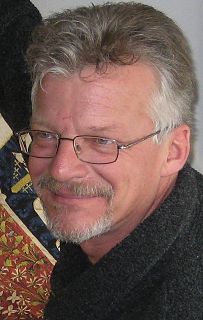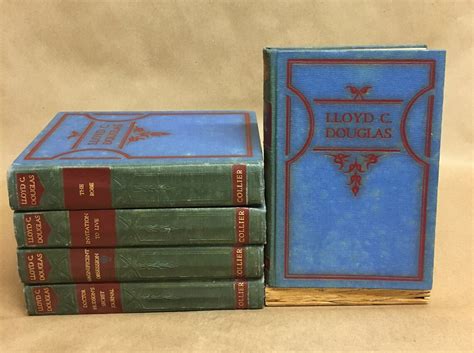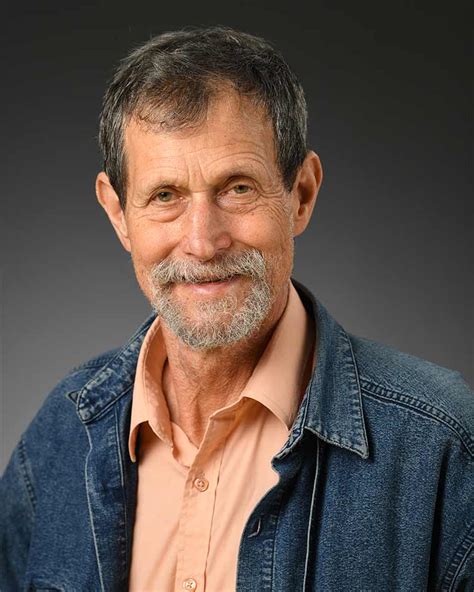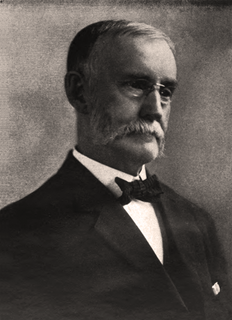A Quote by Charles Spurgeon
May we live here like strangers and make the world not a house, but an inn, in which we sup and lodge, expecting to be on our journey tomorrow.
Related Quotes
I have had the accomplishment of something like this at heart ever since I was a boy.... So I feel tonight like the man who is lodging happily in the inn which lies half way along the journey and that in time, with a fresh impulse, we shall go the rest of the journey and sleep at the journey's end like men with a quiet conscience.
Your children are not your children. They are the sons and daughters of Life's longing for itself. They come through you but not from you, and though they are with you, yet they belong not to you. You may give them your love, but not your thoughts. For they have their own thoughts. You may house their bodies but not their souls, for their souls dwell in the house of tomorrow, which you cannot visit, not even in your dreams. You may strive to be like them, but seek not to make them like you. For life goes not backward, nor tarries with yesterday.
This faith, is not like a deed to a house in which one may live with full rights of possession. It is more like a kit of tools with which a man may build himself a house. The tools will be worth just what he does with them. When he lays them down, they will have no value until he takes them up again.
In "solid modernity" difference was tolerated as a temporary irritant only, expected to disappear tomorrow, when "those aliens" will become like us. "Living with strangers" was therefore not something to last and did not call for developing appropriate arts and skills. Now, however, it looks like that diasporic context of our living will not go away - it will be there forever, so learning how to live with strangers day in, day out without abandoning my own strangeness is high on the agenda.
Howard Altmann has found a way to make language transform itself. If the elusive moment between I and Thou could speak, it might be one of his quietly amazing lines-'you ask the silence to invert itself / like a gymnast in the dark . . . ' Without a trace of rhetoric, In This House reminds us of the power of poetry: to show us how to live in a world in which we are strangers. It's a thrill to come close to such an original and deeply realized art.
Tomorrow may never come to us. We do not live in tomorrow. We cannot find it in any of our title-deeds. The man who owns whole blocks of real estate, and great ships on the sea, does not own a single minute of tomorrow. Tomorrow! It is a mysterious possibility, not yet born. It lies under the seal of midnight-behind the veil of glittering constellations.
Tomorrow you may bring about the destruction of your world. Tomorrow you may sing in Paradise above the smoking ruins of your world-cities. But tonight I would like to think of one man, a lone individual, a man without name or country, a man whom I respect because he has absolutely nothing in common with you - MYSELF. Tonight I shall meditate upon that which I am.


































